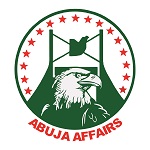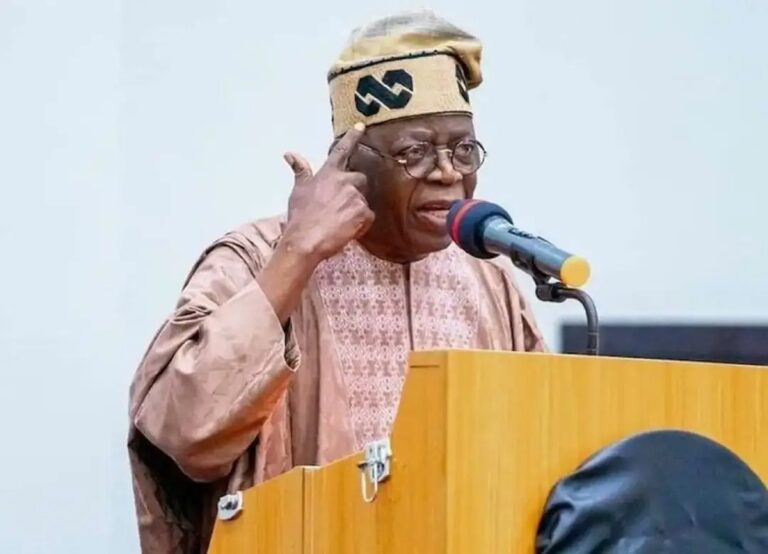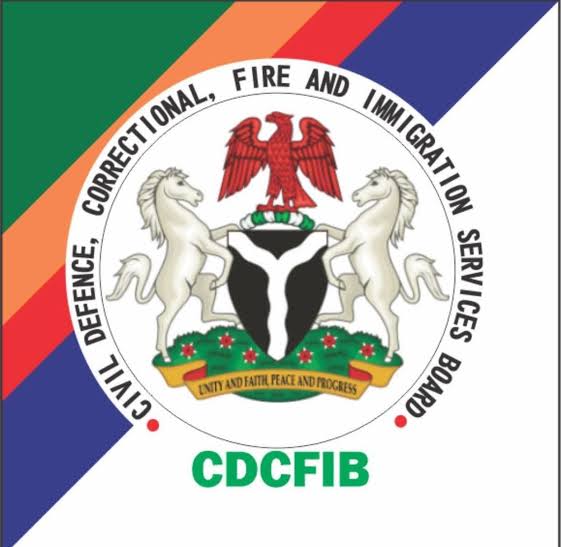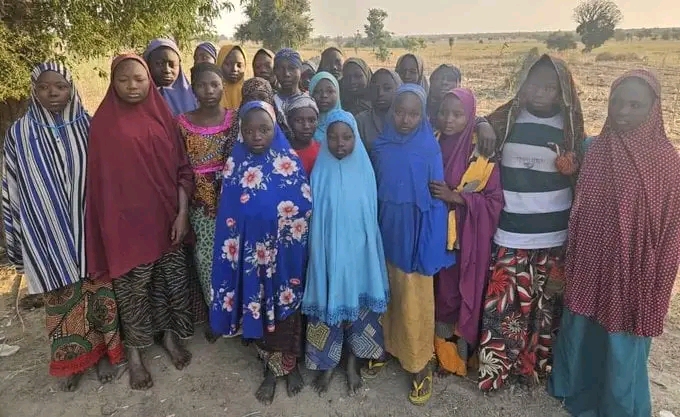
Army Declares Control as Guinea-Bissau Plunges Into Post-Election Coup Crisis
Guinea-Bissau has been thrown into political turmoil as a coup was carried out on Wednesday, 26 November 2025, with the military announcing that it has taken full control of the government.
In a televised statement, senior military officers declared that they had assumed authority following rising tensions over the recently concluded presidential election. They cited “national instability” and “electoral irregularities” as the triggers for the takeover.
The military announced immediate measures including:
- Suspension of the electoral process
- Closure of land, sea, and air borders
- A nationwide curfew
- Control of major government institutions
Election Dispute Sparked the Coup
The political climate in Guinea-Bissau has been tense since both the incumbent president and the main opposition candidate claimed victory in last week’s election. The conflicting results fueled confusion, unrest, and an eventual breakdown in order — paving the way for the coup.
Residents in the capital, Bissau, reported heavy gunfire near strategic locations, including government buildings and the electoral commission headquarters. Security forces have since blocked major roads as the situation continues to unfold.
Regional Concerns and Abuja’s Watchful Eye
The coup in Guinea-Bissau has raised fresh concerns across West Africa, a region already grappling with recurring military takeovers. For Nigeria — and particularly Abuja, home to the ECOWAS headquarters — the development is yet another test of the region’s commitment to constitutional order and democratic governance.
Diplomatic observers expect ECOWAS to issue a formal response, likely condemning the military intervention and calling for a swift return to democratic processes.
Growing Trend of Coups in West Africa
This latest coup adds Guinea-Bissau to the list of West African nations experiencing political upheavals in recent years. Analysts warn that recurring coups may deepen public distrust in democratic institutions and destabilize the broader region.
Citizens across the continent have expressed frustration with failed civilian administrations, corruption, insecurity, and worsening economic conditions — pressures that often create fertile ground for military takeovers.
What Lies Ahead
As borders remain shut and soldiers maintain control, Guinea-Bissau faces an uncertain future. Regional leaders and the international community are expected to intensify calls for dialogue, stability, and the protection of civilian lives.
For now, the nation waits — once again — for clarity, leadership, and a peaceful resolution

Read DHQ Denies Coup Rumour, Clarifies Independence Anniversary Cancellation




